Malawi wildlife sanctuary volunteering vacation
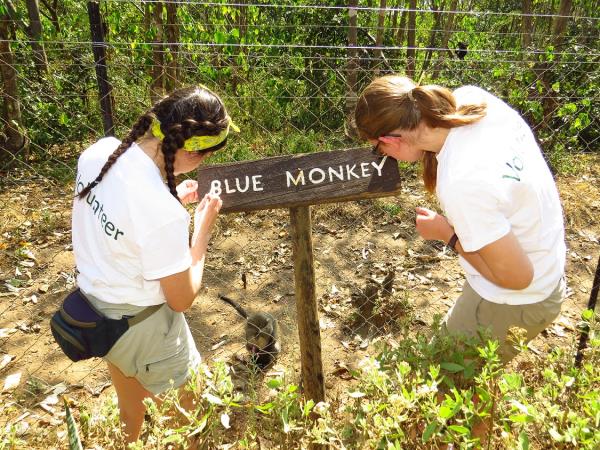
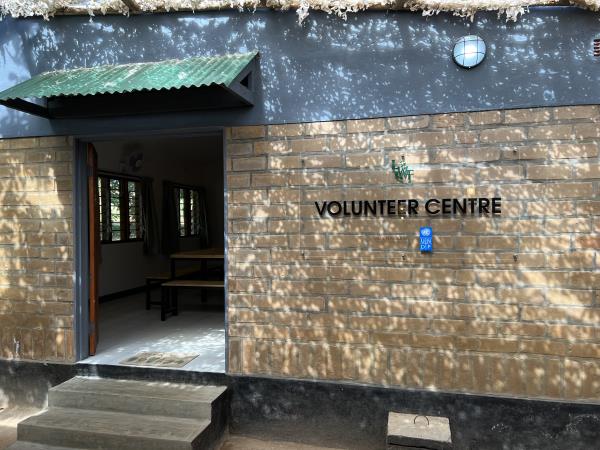
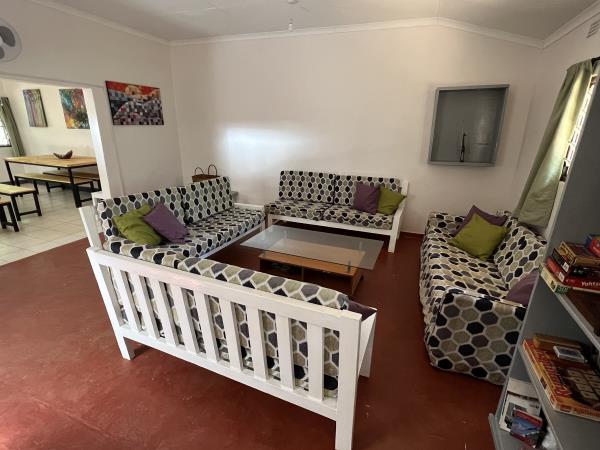
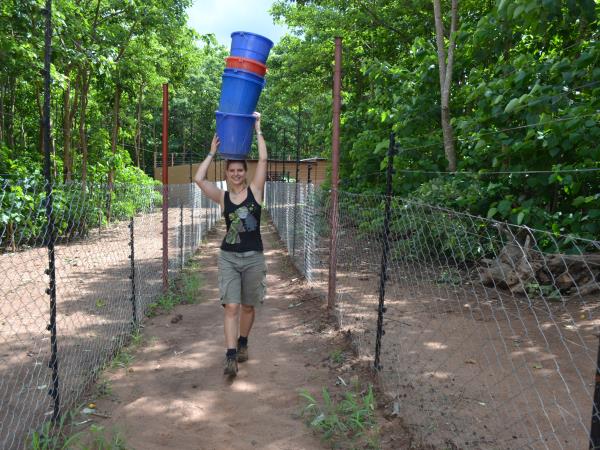
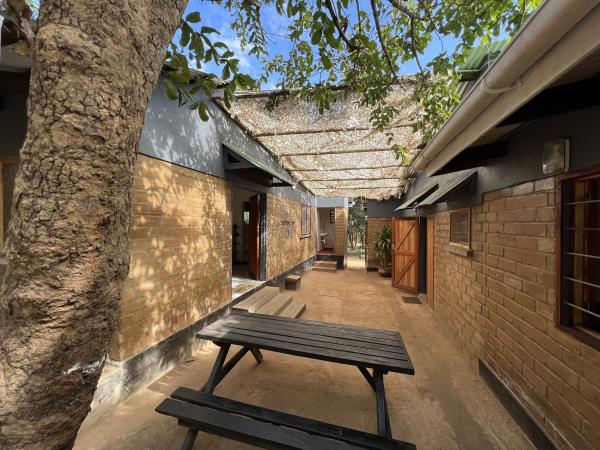
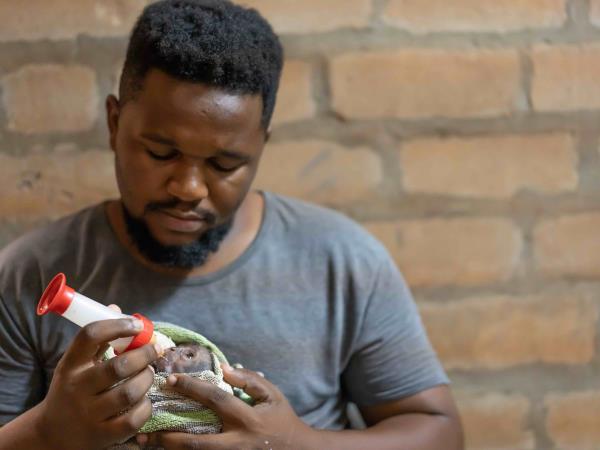
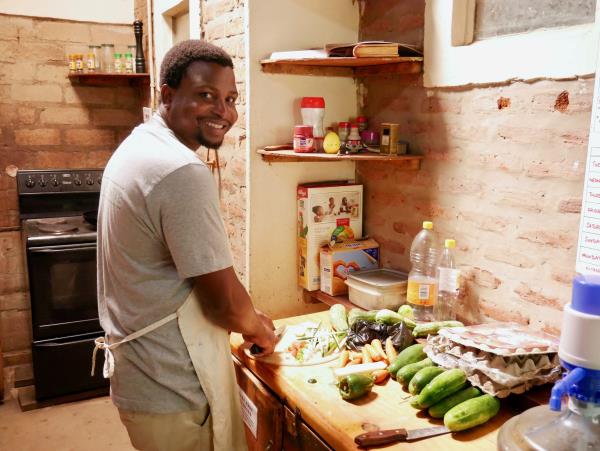
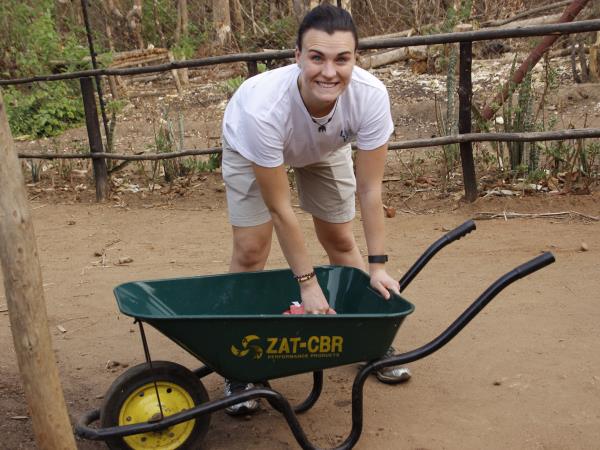
Spend two weeks volunteering in Malawi, helping care for wildlife at one of Africa’s best sanctuaries, with the option to join research and environmental projects in the bush, too.
Lilongwe volunteering at wildlife center participate in community projects or join bush research projects volunteer discount available towards safari in Zambia’s South Luangwa
Price
£1370To£4350 excluding flights
More info
Inclusions:
- Shared accommodation
- Vegetarian/vegan meals
- Tuesday airport transfers
- Orientation & supply tour
- Local sim card
- T-shirt
Exclusions:
- Flights
- Visa
- Vaccinations
- TB scan
- Excursions & other personal items
Description of Malawi wildlife sanctuary volunteering vacation
Price information
Departure information
Departures can be arranged at anytime to suit you
Travel guides
If you’re going to travel halfway across the world to spend your days cleaning enclosures, feeding animals, building pathways and shovelling the prove...
The biggest misconception about wildlife conservation vacations is that they are an opportunity to travel to an outlying idyll then spend your days bot...
Vacation information
Dietary requirements:
We offer vegetarian meals for volunteers. We can also cater for vegans, but we need advance notice so we can prepare a meal plan.
Reviews
3 Reviews of Malawi wildlife sanctuary volunteering vacation
4.5 out of 5 stars
Reviewed on 24 Mar 2016 by Kat Wendels
Great from start to finish - the staff, the country, the project, the work - I was sad to leave and hope to go back. I went for the animal work which I really enjoyed but an unexpected highlight of the trip was getting out into the community to see one of their fuel briquette projects. Read full reviewReviewed on 13 Oct 2014 by Steve Boud
A great experience. I got to know some local people and volunteers from different countries and I learned about animal conservation and the social/ economic situation in Malawi. Read full reviewResponsible Travel
As the pioneers of responsible tourism, we've screened this (and every) vacation so that you can travel knowing it will help support the places and people that you visit, and the planet. Read how below.
Planet
Carbon reduction- All food is sourced locally to reduce transport requirements
- The animal enclosure fences at the sanctuary are solar powered
- Showers in the volunteer house are solar powered (with a back-up geyser)
- Water for cleaning and watering gardens comes from our own borehole
- All meals are fully vegetarian/vegan
- Cooking is done on gas, not on wood
- Filtered drinking water is provided so that volunteers do not have to buy bottles of water
- There is a recycling station on site and we host river clean up days with members of the public and local communities
- All structures are constructed with local or sustainable materials as much as possible
Environment and wildlife
Malawi is known as ‘the warm heart of Africa’, both for its stunning beauty and friendly people. It’s also one of the most densely populated countries in Africa and one of the poorest countries in the world, which puts enormous pressures on its natural resources. As a result, the illegal trade of wild animals and their slaughter for bush meat is still a big problem in Malawi, at a time when conservation of both the environment and wildlife is more critical than ever.
We work to protect Malawi’s wildlife & habitats. Since our inception in 2007, we have rehabilited over 800 animals, with more than half released back into the wild. Our programmes have evolved in response to local needs, working with wildlife as well as people and approaching the issues from all angles. Our is the only sanctuary in the world to have obtained all three accreditations from PASA, GFAS and the Born Free Foundation's PAW scheme and are Malawi's only member of the Species Survival Network.
We rescue and rehabilitate wildlife in distress and conduct scientific research to better inform both our welfare and conservation projects. We’re working with the highest levels of Government to tackle wildlife crime through advocacy and enforcement initiatives, tens of thousands of school children are engaged in our environmental education programmes across the country and our community conservation projects are helping people to live more sustainably.
We owe a great deal to those partners, volunteers and generous donors who have helped make our work possible.
Our “hands-off” policy: we do operate a strict hands-off policy in order to ensure that the animals in our care retain their wild behaviours and do not spend too much time with people (i.e. to minimise attachment). This helps to give them the best possible chance not just of being released back into the wild, but also of thriving once they have been released. The only time contact is permitted with animals (either by staff or volunteers) is when it is required for medical purposes (e.g. conducting a veterinary procedure, health check, administering medication etc) or rehabilitation purposes (e.g. bottle feeding orphans, sitting with infant primates until they get foster mums). These protocols are clearly communicated to volunteers during their induction sessions at the start of their placements, and are enforced throughout their stay (see the “Code of Conduct” section of our Information Pack, attached, which is sent to everyone before their arrival). All volunteer tasks are set and supervised by our staff so that they meet specific rehabilitation goals for each animal. We also have strong protocols in place to minimise the chances of disease spreading. All volunteers must show proof of a negative TB test and of a rabies vaccination prior to arrival. All primates are health checked on intake as well as having routine TB and parasite checks every two years. The one photo of a staff member bottle feeding an orphaned vervet monkey, which is a necessary part of the rehabilitation and care for the animal
People
Local employmentWe believe we can make a real difference working with the local communities in terms of raising awareness of the importance of respecting our environment and keeping wildlife in the wild, whilst also providing alternatives to practices such as deforestation and the illegal bush meat trade.
The sanctuary provides jobs for over 60 local Malawian staff, and as a ‘center for the people’ make every effort to ensure that the less privileged people in the communities benefit from the facility. For example, we organise wild picnics for local orphanages to come on a wildlife tour and enjoy the local playground, or run training scholarships for a number of children from the poorer local schools.
As a pilot ‘People and Wildlife’ project we also hope that our success will be used as a model for others around the world. In years to come we will be able to showcase the benefits of addressing conservation issues in partnership with the local communities through education and outreach, and become a true center for the people and wildlife of Malawi.
Popular similar vacations
Veterinary externship in Malawi
From £1370 - £4350 14 days excluding flights
Gain veterinary experience at Africa's top sanctuary
Malawi wildlife conservation vacation
From £1507 - £4785 15 days excluding flights
.Aid animal conservation at the Lilongwe Wildlife Centre
Malawi conservation research experience
From £1370 - £4350 14 days excluding flights
2-12weeks exploring and researching the Wild Heart of Africa











